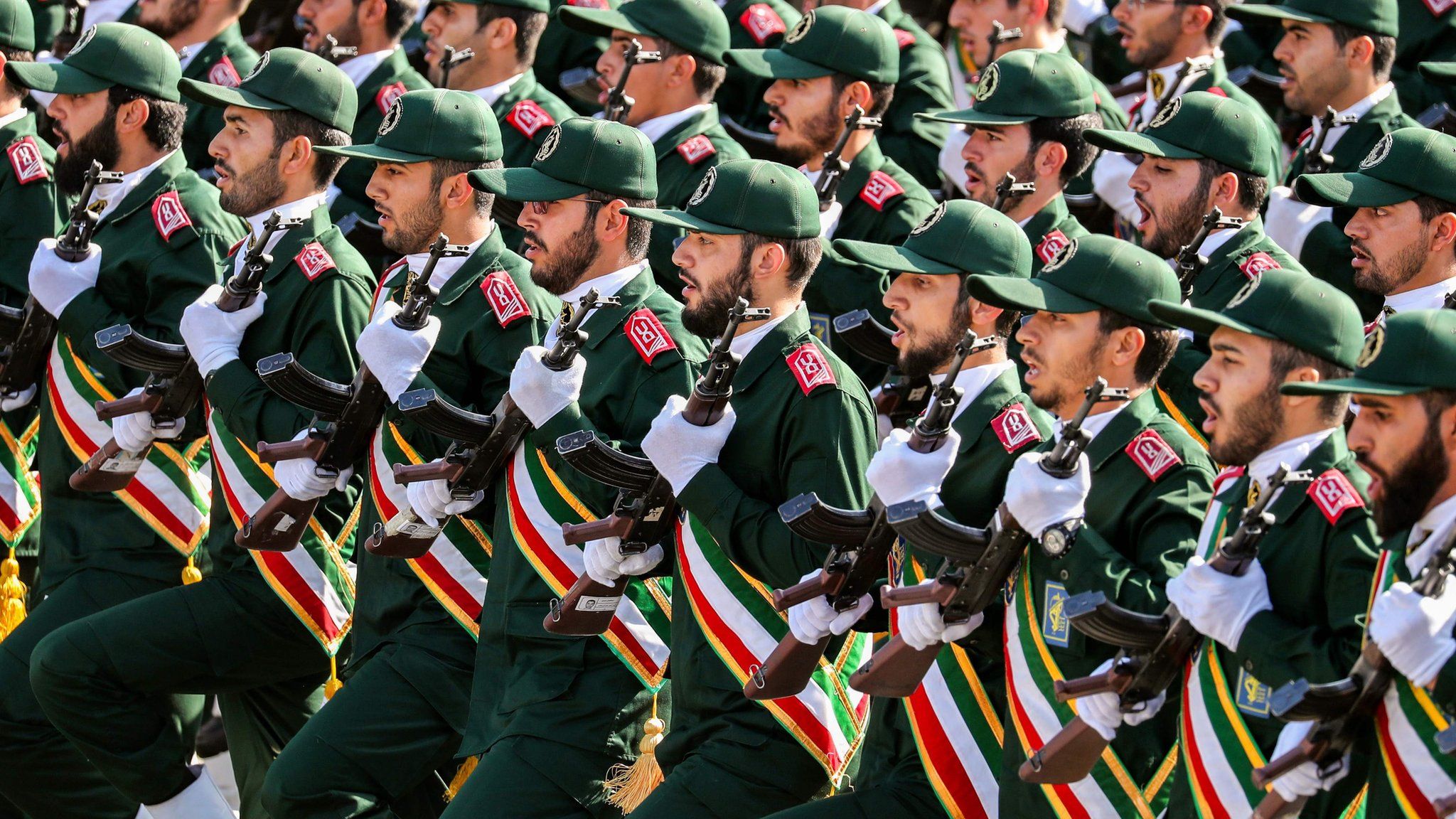Political and Diplomatic Relations: Iranian Israeli

Iran and Israel have been locked in a bitter rivalry for decades, marked by a complete absence of formal diplomatic relations. This animosity stems from a complex mix of historical, ideological, and geopolitical factors, creating a tense and volatile dynamic in the Middle East.
Current State of Diplomatic Relations
The relationship between Iran and Israel is characterized by deep mistrust and hostility. There is no formal diplomatic contact between the two countries, and they have been engaged in a proxy war for many years. The two nations have been on opposing sides of various regional conflicts, including the Lebanese Civil War, the Syrian Civil War, and the Palestinian-Israeli conflict.
Positions on Key Regional Issues
The Palestinian Conflict
Iran is a staunch supporter of the Palestinian cause and considers the Israeli occupation of Palestinian territories illegal. It provides significant financial and military support to Palestinian militant groups, such as Hamas and Islamic Jihad. Israel, on the other hand, views Hamas and Islamic Jihad as terrorist organizations and rejects any Palestinian state that does not recognize Israel’s right to exist.
The Syrian Civil War
Iran has been a key player in the Syrian Civil War, supporting the Syrian government of Bashar al-Assad with military and financial aid. Israel, however, has been critical of the Syrian regime and has carried out airstrikes against Iranian targets in Syria.
The Nuclear Deal
Iran and Israel have opposing views on the Joint Comprehensive Plan of Action (JCPOA), also known as the Iran nuclear deal. Iran sees the JCPOA as a significant achievement that lifted international sanctions and allowed it to pursue its peaceful nuclear program. Israel, however, remains skeptical of Iran’s intentions and believes that the deal does not adequately address Iran’s nuclear ambitions.
Foreign Policy Objectives
Iran’s foreign policy in the Middle East is driven by a desire to project its influence and power in the region. It seeks to establish itself as a regional hegemon and to counter the influence of the United States and its allies. Israel, on the other hand, aims to maintain its security and to prevent Iran from developing nuclear weapons. It also seeks to maintain its strategic alliance with the United States and to ensure that its interests are protected in the region.
Security and Military Concerns

The Iran-Israel conflict is not just a political and diplomatic battle but also a complex web of security and military concerns. Both countries possess significant military capabilities, and their strategic rivalry has shaped the Middle East for decades.
Military Capabilities and Strategies, Iranian israeli
Both Iran and Israel have formidable military forces with distinct strengths and strategies.
Iran’s military is the largest in the Middle East, with a vast conventional force including a powerful ground army, a sizable air force, and a navy capable of operating in the Persian Gulf and the Indian Ocean. Iran also possesses a sophisticated missile program, including ballistic missiles with a range capable of reaching Israel. Iran’s military doctrine emphasizes asymmetric warfare, leveraging its large reserves and unconventional tactics to deter potential adversaries.
Israel, despite its smaller size, boasts a highly advanced and technologically superior military. Its air force is considered one of the most powerful in the world, equipped with sophisticated fighter jets and advanced weaponry. Israel’s intelligence agencies are renowned for their effectiveness, and its army is known for its combat experience and well-trained personnel. Israel’s military doctrine prioritizes preemptive strikes and a robust defense system to counter threats from its adversaries.
Key Security Threats
Iran poses a significant security threat to Israel due to its support for Hezbollah in Lebanon, its development of ballistic missiles capable of reaching Israel, and its potential to disrupt maritime traffic in the Eastern Mediterranean.
Israel, in turn, poses a threat to Iran through its air strikes against Iranian targets in Syria and its ability to disrupt Iranian military operations in the region.
Role of Regional Powers
Saudi Arabia and the United Arab Emirates (UAE) are key regional players whose stances on the Iran-Israel conflict have evolved over time.
Saudi Arabia, a long-time rival of Iran, has historically been a strong supporter of Israel. The two countries have shared concerns about Iran’s regional ambitions and have worked together to counter Iranian influence.
The UAE, once neutral in the conflict, has recently moved closer to Israel, establishing diplomatic relations in 2020. This shift reflects the UAE’s desire to strengthen its security ties with Israel and counter Iranian influence in the region.
Iranian israeli – The relationship between Iran and Israel is complex and often fraught with tension. But one thing they might agree on is the importance of a comfortable chair. After all, who wouldn’t want to relax in a cozy bean bag chair?
If you’re looking for the perfect size, you can find helpful information on standard bean bag chair size. Perhaps, in a world of diplomatic disagreements, a shared love of comfy furniture could be a starting point for finding common ground.
The Iranian-Israeli conflict is a complex issue with deep historical roots. While tensions are high, there are moments of unexpected connection. Imagine, for example, a shared love for a large pouf bean bag chair , a symbol of comfort and relaxation, a place where worries melt away.
Perhaps, amidst the political turmoil, a shared appreciation for such simple pleasures could offer a glimmer of hope for future dialogue.
